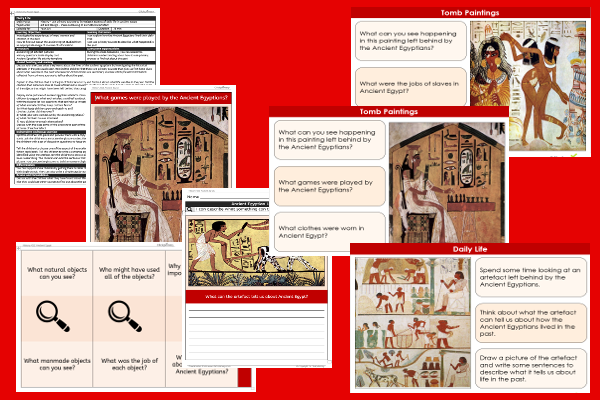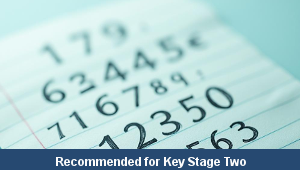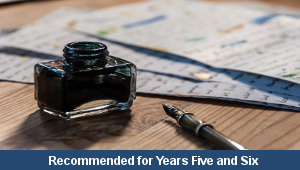Lesson Two – Daily Life

This history teaching pack for Key Stage Two gets the children to practise using a range of different primary sources to investigate and record information about aspects of daily life in Ancient Egypt.
The class can identify and illustrate what can be learnt about life in Ancient Egypt in the past from some of the different tomb paintings left behind by the civilization.
Download this teaching pack including a lesson plan, classroom activities and an interactive presentation to practise using a range of different primary sources to investigate and record information about aspects of daily life in Ancient Egypt
Activities in this teaching pack include display posters to describe how to use a primary source to investigate past life in Ancient Egypt, a table display card to identify and describe how an historical artefact can show life in the past in Ancient Egypt and a template to select and record information about daily life in Ancient Egypt using a primary source.
The interactive presentation gets the children to explore how to use a range of different primary sources to investigate aspects of daily life in Ancient Egypt.
This lesson is part of a history scheme of work to get the children to investigate the growth and development of the Ancient Egyptian civilization by exploring and recording information about historical artefacts using primary and secondary sources. There are teaching activities for shared learning, differentiated worksheets to support independent learning and interactive presentations to introduce concepts and key skills.
-

Maths Arithmetic Assessment
Assess abilities in solving arithmetic number problems for addition, subtraction, multiplication and division when working with informal and formal written calculations
-

Environment
Identify and describe some of the special landscapes and locations that can be found in the world and reflect on how they can be protected and preserved for the future
-

Silent Letter Words
Explore and illustrate the meanings and spellings of some different words with silent letters when using them in a range of topics and scenarios
-

Complaint Letters
Explain and model how to format and structure writing when composing letters of complaint about different issues and scenarios
